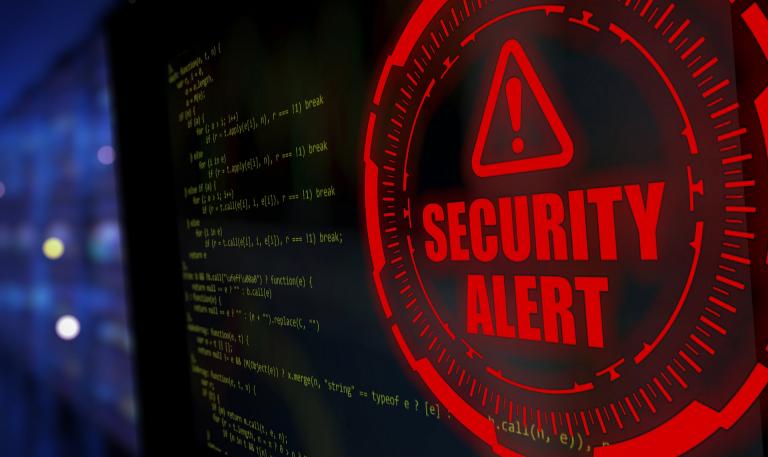Vital sectors
The Centre for Cybersecurity Belgium (CCB) has launched a number of projects aimed at strengthening the cybersecurity of vital sectors in Belgium. These sectors are considered crucial to the security of the Belgian population, namely the energy, mobility, telecommunications and financial sectors, access to drinking water, public health and public authorities.

Early Warning System for vital sectors

The NIS2 directive and the NIS2 law
The law of 26 April 2024 establishing a framework for the cybersecurity of networks and information systems of general interest for public security (the “NIS2 Law”) transposes into Belgium European Directive (EU) 2022/2555 of the European Parliament and of the Council of 14 December 2022 on measures for a high common level of cybersecurity across the Union (the “NIS2 Directive”). This directive sets out the obligations of essential and important entities established or providing services in Belgium.

National Cyber Emergency Plan
The Council of Ministers approved the National Cyber Emergency Plan on the proposal of then Prime Minister Charles Michel in 2017.
As part of its mission with regard to crisis management for cyber incidents, the Center for Cybersecurity Belgium (CCB) developed the National Cyber Emergency Plan in cooperation with the National Crisis Center (NCCN). The plan's main objective is to organize a response structure to cybersecurity crises and incidents that require coordination and management at the national level. To prepare itself for potential cyber incidents and crises, CERT.be regularly takes part in national and international cyber exercises.
